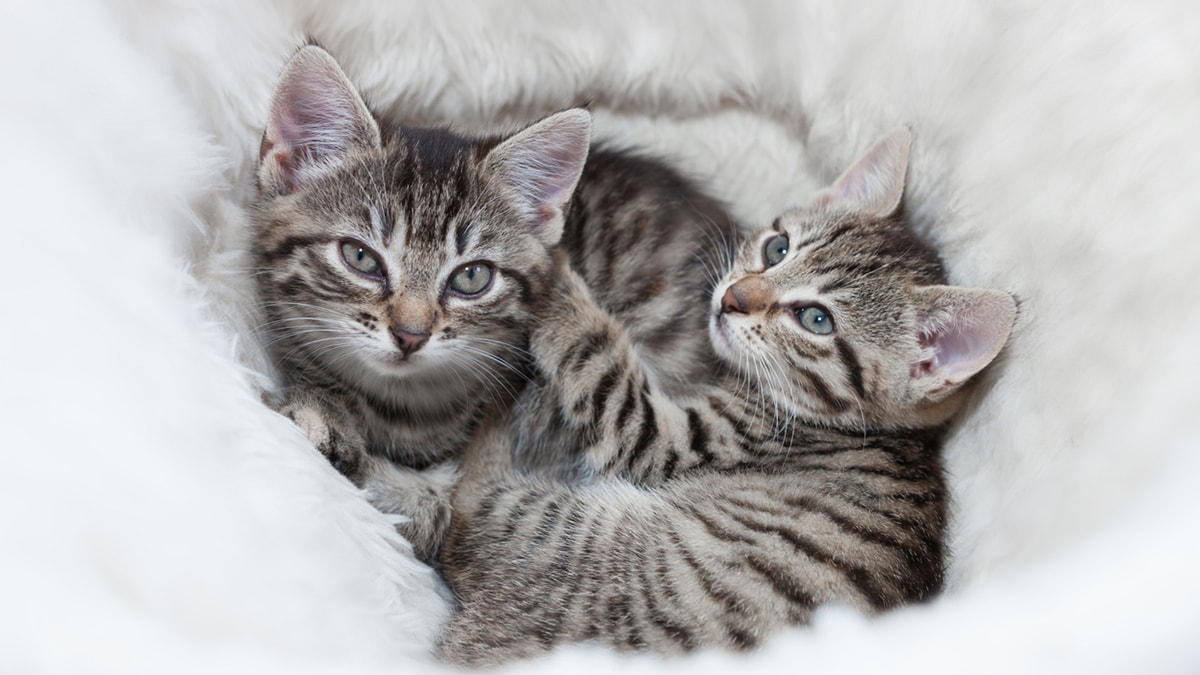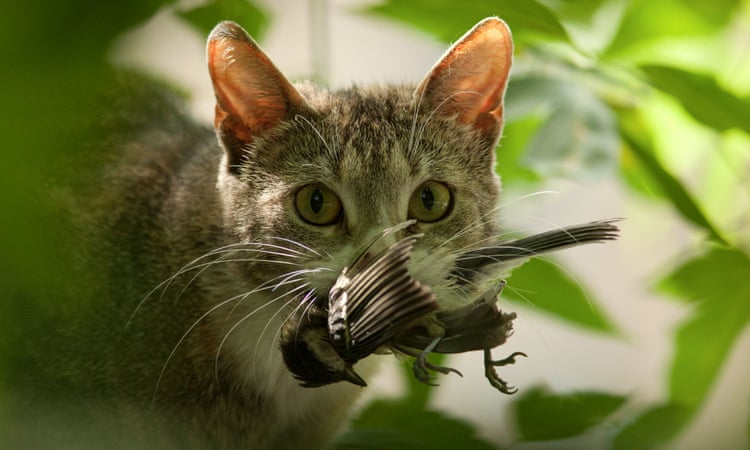If you’re a pet parent of an indoor cat, you’re probably under the impression that they don’t need vaccinations. They don’t go outside to encounter bugs, parasites, and other nasties, so there’s no way they can pick them up… or so you’ve read online.
In the long run, not getting your cat vaccinated could cost you much more than you’d think.
The Cost of Unvaccinated Pet Medical Care
Are you aware that some pet insurance policies are void if feline vaccinations are not kept up with? Emergency fund-style services, such as the one provided on the Petcube official website, are also contingent on you playing your part as a pet parent.
If your unvaccinated cat has a medical emergency, you may need to cough up many thousands of dollars in vet care, without hope of reimbursement.
And that’s not all.
Outdoor Diseases Can Still Get In
Closing the front door of your home is not enough to keep the bad bugs out. For that reason, it is vital you get indoor cats vaccinated to protect against common illnesses in the same way you would an outdoor one.
The recommended core vaccines for cats protect against the following diseases:
- Rabies;
- FeLV – feline panleukopenia virus/feline distemper/parvovirus;
- FVR – feline viral rhinotracheitis/feline herpesvirus-1;
- FCV – feline calicivirus.
Vets will also recommend other vaccinations depending on specific infections that are spreading in your state or area.
The rabies virus will only last for a matter of seconds, maybe minutes on your clothes or skin, but that’s still enough time to encounter it outside your home and then carry it inside. Viruses, parasites, and other bugs can come in through open windows or doors, as well as on people or items that come in or out, and other animals or pets.
Feline panleukopenia virus lasts for up to a few hours outside a host. Feline herpesvirus is untreatable, so prevention is the only way to protect against it. The herpesvirus can survive for up to 18 hours without a host, according to Virox Animal Health.
Cats Are Unpredictable (And Sometimes Do Get Out!)
You might think your precious pet won’t ever manage to escape the fortress that is your home, but they’re sly, cunning creatures that somehow always manage to find a way to do the thing you don’t want them to do. What if they do slip out when you’re not looking, or they figure out how to work a door handle?
If your cat gets out, how do you know they won’t meet a rabies-infected squirrel, or a feral feline with herpesvirus? Unvaccinated feral cat colonies are also thought to be one of the biggest reservoirs of the feline panleukopenia virus, according to American Veterinary Medical Association.
Your Cat’s Health is in Danger
These vaccinations have been formulated to keep cats safe and healthy, and to ensure they don’t catch a potentially life-threatening or life-altering disease.
The alternative to vaccinations is sometimes extensive and costly medical care – and if you thought giving the vitamins to your cat was hard enough, just wait until they need regular doses of medication.
Rabies is fatal in one hundred percent of cases. There is no cure for it. Feline herpesvirus is also untreatable, causing unpleasant symptoms such as cornea infections and ulcers, conjunctivitis, keratitis, fatigue, no interest in food leading to weight loss, and a fever.
So, Do Indoor Cats Need Vaccinations?
Yes, they do. You cannot control what germs or bacteria-causing pathogens do or don’t come into your home, which means you cannot control which ones gain access to your feline friend. If you want to keep them healthy and happy, and keep your bank balance happy too, you’ll get your cats (and other pets) vaccinated.





Leave a Reply